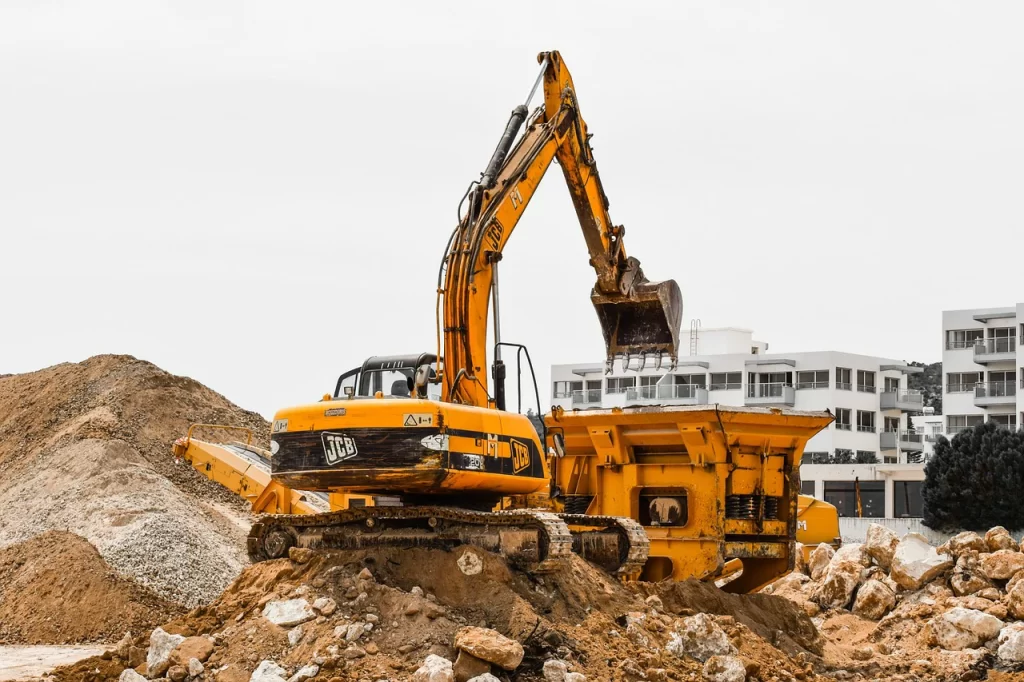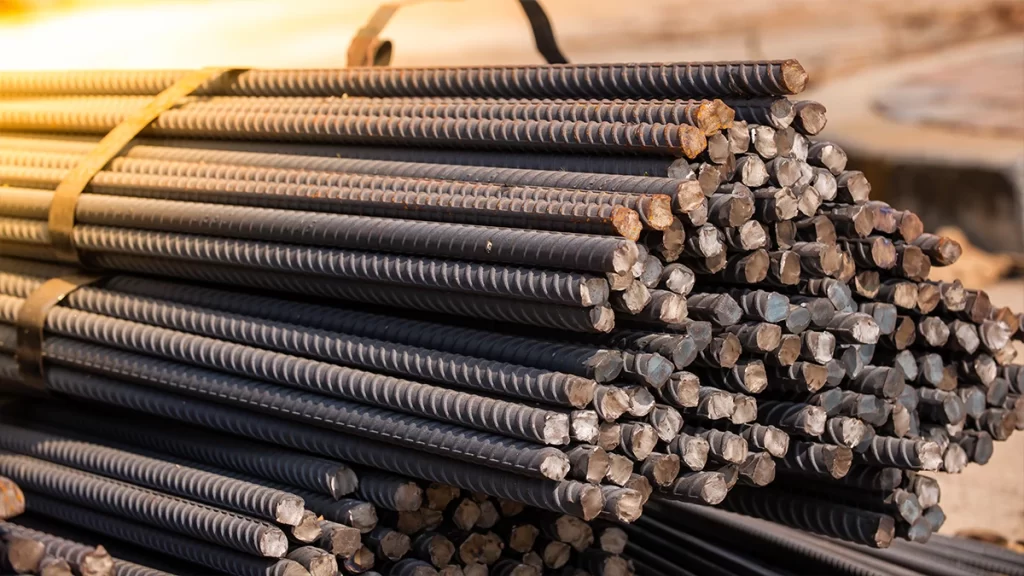In construction projects, advance payments play a crucial role in facilitating the smooth execution of contracts. These payments, often made before the commencement of work, help contractors cover initial costs, mobilize resources, and mitigate financial risks. In this article, we will explore the benefits, risks, and best practices associated with advance payments in construction.
Benefits of Advance Payments
- Project Mobilization: Advance payments enable contractors to mobilize quickly, covering initial expenses such as site preparation, equipment procurement, and labour hiring. This ensures that the project can kick off without unnecessary delays.
- Cash Flow Management: Construction projects often require significant upfront investment. Advance payments help contractors maintain a healthy cash flow, allowing them to meet financial obligations promptly and avoid delays in project execution.
- Risk Mitigation: For contractors, advance payments act as a form of insurance against project cancellations or delays. It provides a level of financial security and minimizes the impact of unforeseen circumstances.
- Competitive Advantage: Offering flexible payment terms, including advance payments, can make a contractor more attractive to clients. This competitive advantage can lead to winning more projects in a highly competitive industry.

Risks of Advance Payments
There are risks associated with the advance payments to both the client and contractor. It is crucial to mitigate the risks through various measurements that are necessary. The risks associated are:
For Client:
- Difficulty of Recovery: The recovery will run short if the advance payments are not done timely on every running account bill. It can also be the consequence of the sluggish progress of the work which does not comply with the work plan.
- Contractor Default: The advance recovery becomes difficult or impossible if the contractor goes bankrupt or abandons the project after receiving the advance or in the initial phase of the project.
For Contractor:
- Dependence on Advances: The contractor needs to rely on the advance payment for smooth financial rolling. However, depending heavily on advance payment instead of managing smooth cash flow efficiently can lead to the contractor’s financial instability.
- Aggressive Deduction: With aggressive recovery of the advance payment in every running account bill, the contractor is likely to strain cash flow.
Types of Advance Payment:
In the construction contract, there are two types of advance payment known so far. They are Mobilization advance and Secured advance also known as Material advance.
1. Mobilization Advance:
A mobilization advance is an advance made by the client (employer) to the contractor (employee) to help cover the initial costs of setting up and mobilizing resources for a construction project. This advance is usually provided to the contractor at the start of the project, enabling them to begin activities such as site preparation, equipment mobilization, and hiring personnel. However, the contractor can claim this advance at any point during the contract period.
The purpose of the mobilization advance is to assist the contractor in overcoming the initial financial burden of starting a project before any progress payments or milestones are reached. It ensures that the contractor has the necessary funds to commence work promptly and efficiently.
Typically, the mobilization advance is a percentage of the total contract value, as specified in the contract documents. In most construction contracts, it ranges from 10% to 15% of the total contract price.
Also, read: 5- Types Of Estimates in Construction Projects
2. Secured Advance:
A Secured Advance, also known as a Material Advance, in construction contracts, is a financial provision granted to the contractor for procured and stored materials on-site. It is specifically intended for non-perishable construction materials. The advance payment typically ranges between 75% to 100%, depending on the terms outlined in the contract’s tender clause.
Unlike mobilization advances, secured advances are typically recouped by the project engineer on progressive running account bills when the contractor utilizes the material at the site.

3. Advance Against Work Done:
This advance is provided to the contractor to alleviate administrative and financial burdens for both the client and the contractor. It applies exclusively to on-site measurement contracts where the completed work has not yet been measured for payment due to the complexity of the work, which might take time or any other reason for the client.
The advance payment against work done shall not exceed the total value of the measurement of the work yet to be paid. This advance can be paid to the contractor against the completion of the work without the requirement of any guarantee and complying with the contract obligation.
Also, read: Importance Of Personal Protective Equipment (PPE) In Construction Zones
Method of Advance Payment:
- Mobilization Advance:
- To receive mobilization advance, it is mandatory to submit a Bank Guarantee to the client as outlined in the contract norms.
- The guarantee should be an irrevocable or unconditional bank guarantee from a reputed Financial Institution.
- Secured Advance:
- This advance is only paid when the contractor has obtained the construction materials at the site for incorporation in the assigned construction work.
- The construction materials bought and stored at the site are categorized as either perishable or non-perishable materials. Perishable items are exempted from the advance payment. For example, cement is not paid for secured advance.
Advance Payment Recovery:
Both types of advance payment are recouped with the progress of the construction work.
- Mobilization Advance:
- The recoveries of advance are done in the percentage of the advance amount through running account bills (RA bill).
- As the physical progress is 80 per cent of the total work, the recovery of the advance shall be 100 per cent.
- Secured Advance:
- This advance is recouped from the progressive running account bills of the contractor as the project advances.
- The recovery shall be done for those material that are used at the site. It is not allowed to recover for the material that is not consumed by the work.
- The recovery process is conducted as the materials are incorporated into the construction activities.
Example of Advance Recovery:
The contractor is carrying out the construction work worth Rs. 80,005,000 and claimed his 1st RA bill of Rs. 2,002,553. Also, the firm has claimed an advance by submitting the Bank Guarantee of 10% of the total contract amount and Secured an advance of Rs. 1,000,000 for construction materials at the site.
| Sl. No. | Description | Amount (Rs.) |
| 1. | 1st Running Account Bill Amount: | 2,002,553/- |
| 2. | TDS Deduction (2%): | 40051.06 |
| 3. | Retention Deduction (10%): | 200,255.30 |
| 4. | Mobilization Advance Recovery (25%): | 200,125 |
| 5. | Secured Advance Recovery (25%): | 250,000 |
| 6. | Total of Deduction and Recovery): | 690,431.36 |
| 7. | Net payable Amount in 1st RA Bill: | 1,312,121.64 |
Also, read: Running Account Bills (RA Bill) in Construction Contract
FAQs:
Q: What is advance payment in a contract?
Answer: The Advance payment in a contract refers to a sum of money paid to a contractor or supplier before the actual completion of work or delivery of goods. The advance payment and repayment are obligated to the contract terms and conditions.
Q: What are the requirements for the contractor to receive the advance payment?
Answer: The requirements for the contractor to receive the advance payment are stipulated in contract terms and conditions, especially the General Conditions of Contract (GCC) and Special Conditions of Contract (SCC). However, in most of the contract types, the stipulated guarantee is required or mobilization advance. Sequare advance is given only in the presence of materials at the site.
Q: Is it ok not to take any advance by the contractor?
Answer: Yes, it is perfectly fine for a contractor to choose not to take an advance payment. By not taking the advance, the contractor will be avoiding the obligations and conditions that come with advance payments, such as bank guarantees, interest charges, or deductions from future payments.
If the contractor has sufficient financial resources to manage project expenses without an advance, they may opt to receive payments based on work progress instead.
Q: What should be the rate of recovery for mobilization advance?
Answer: The rate of recovery for mobilization advance is typically between 10% to 30% of each running account bill (interim payment), depending on contract terms and project duration. In most of the contracts, the mobilization advance recovery should be completed when the physical progress of the work is 70% to 95%.
References:
- Mmojica. (2022, July 21). Procurement regulations for ADB borrowers. Asian Development Bank. https://www.adb.org/documents/procurement-regulations-adb-borrowers
- Anonymous. (2023, February 28). Standard Bidding Documents and User’s Guide to Procurement of Works (2016). Asian Development Bank. https://www.adb.org/documents/procurement-large-works-guide-2016
![]()







